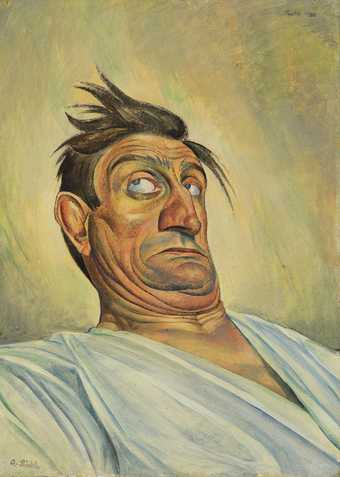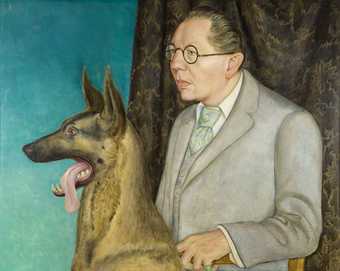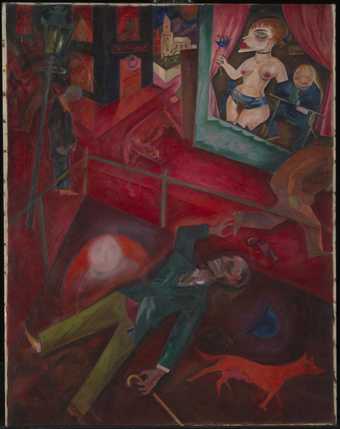Tate Modern will explore German art from between the wars in a year-long, free exhibition, drawing upon the rich holdings of The George Economou Collection.
These loans offer a rare opportunity to view a range of artworks not ordinarily on public display, and to see a small selection of key Tate works returned to the context in which they were originally created and exhibited nearly one hundred years ago.
This presentation explores the diverse practices of a number of different artists, including Otto Dix, George Grosz, Albert Birkle and Jeanne Mammen. Although the term ‘magic realism’ is today commonly associated with the literature of Latin America, it was inherited from the artist and critic Franz Roh who invented it in 1925 to describe a shift from the art of the expressionist era, towards cold veracity and unsettling imagery. In the context of growing political extremism, the new realism reflected a fluid social experience as well as inner worlds of emotion and magic.
The exhibition is realised with thanks to loans from The George Economou Collection, with additional support from the Huo Family Foundation (UK) Limited.


![August Sander, Bohemians [Willi Bongard, Gottfried Brockmann] 1922-5, printed 1990](https://media.tate.org.uk/aztate-prd-ew-dg-wgtail-st1-ctr-data/images/august_sander_bohemians_willi_bongard_gottfrie.width-340_trCUGlg.jpg)

